Inpatient Mental Health Treatment
Inpatient mental health treatment provides intensive and supervised treatment in a residential therapeutic facility. Read on to learn more.

What Is Inpatient Mental Health Treatment?
Inpatient mental health treatment enables individuals with SMIs (serious mental illnesses) to connect with intensive and structured therapy in a residential setting. Among the 57 million U.S. adults with mental health disorders, over 14 million people are diagnosed with an SMI.
Those who require intensive treatment can reside at a mental health residential facility while engaging in immersive and evidence-based therapies. Inpatient care mental health provides supportive and structured therapy, medication management, holistic interventions, and support from a team of committed and experienced mental health professionals.
This guide to mental health residential treatment outlines what to expect from mental health residential treatment California. You will also discover how to find inpatient mental health facilities throughout the state.


What is a Residential Mental Health Facility Like?
Inpatient mental health facilities, also known as residential mental health facilities, are specialized centers designed to treat serious mental health disorders in a supportive, structured setting. Mental health residential facilities are safe and inclusive settings where people can connect with intensive mental health treatment without distractions or triggers disrupting the treatment process.
Individuals reside at the treatment center for a month or more, with access to a team of therapists, psychiatrists, psychologists, and support staff. Treatment plans are designed to target the unique needs of each person.
Inpatient mental health treatment aims to:
- Alleviate symptoms
- Restore daily functioning
- Improve overall well-being
This whole-body approach to healing is achieved through blending behavioral therapies, motivational treatments, medications, and holistic interventions. Inpatient care aims to alleviate crises, stabilize individuals, and set the foundation for sustained recovery – here’s how the process takes place:

What is a Residential Mental Health Facility Like?
Inpatient mental health facilities, also known as residential mental health facilities, are specialized centers designed to treat serious mental health disorders in a supportive, structured setting. Mental health residential facilities are safe and inclusive settings where people can connect with intensive mental health treatment without distractions or triggers disrupting the treatment process.
Individuals reside at the treatment center for a month or more, with access to a team of therapists, psychiatrists, psychologists, and support staff. Treatment plans are designed to target the unique needs of each person.
Inpatient mental health treatment aims to:
- Alleviate symptoms
- Restore daily functioning
- Improve overall well-being
This whole-body approach to healing is achieved through blending behavioral therapies, motivational treatments, medications, and holistic interventions. Inpatient care aims to alleviate crises, stabilize individuals, and set the foundation for sustained recovery.


What to Expect When Going to an Inpatient Mental Health Facility
Going to an inpatient mental health facility can be an invaluable step toward long-term recovery. It’s normal to have questions and it’s normal to feel uncertain about what to expect.
Inpatient care aims to alleviate crises, stabilize individuals, and set the foundation for sustained recovery – here’s how the process takes place:
Upon arrival, you will find these facilities are designed to be welcoming and safe. Inpatient mental health centers are structured to provide a calm, supportive environment, helping you to focus on your recovery without external stressors. The staff, trained in all aspects of mental health care, are there to help you every step of the way, offering a compassionate and empathetic approach.
Your journey will begin with a comprehensive assessment to understand your unique needs. Based on this evaluation, staff develop a personalized treatment plan that may include individual therapy, group therapy, medication management, and other holistic activities tailored to support your mental health.
Therapy is a core component of inpatient care for mental health. You will participate in both group and individual sessions. Group therapy offers a sense of community and shared experience, while individual therapy provides a private space to explore personal issues with a therapist.
Inpatient facilities have a structured routine, which is beneficial for mental health recovery. This includes set times for meals, therapies, recreational activities, and rest. Such routines help in establishing stability and a sense of normalcy, both central to mental well-being.
One of the most valuable aspects of inpatient care is the supportive community. Being around others who understand what you’re going through can be incredibly comforting.
To support overall wellness, facilities often supplement science-backed therapies with recreational and holistic activities like yoga, meditation, art therapy, or physical exercise. These activities are designed to enhance your mental health by promoting relaxation, self-expression, and physical well-being.
As you progress through treatment, the focus will gradually shift to discharge planning. This involves preparing for the transition back to everyday life, ensuring that you have the tools and support needed to maintain your mental health outside the facility. Even after discharge, many facilities offer ongoing support. This might include follow-up appointments, outpatient therapy, or connections to community resources near you. The goal is to provide a seamless continuum of care that supports long-term recovery and well-being.
Remember: taking this step toward inpatient mental health care is a courageous and positive move. While it might feel daunting, know that you are moving toward a healthier and more stable future.

How Long is an Inpatient Mental Health Stay?
The duration of an inpatient mental health stay can vary significantly depending on the person’s specific circumstances and the nature of their mental health challenges. Generally, the length of stay is not fixed and is tailored to the needs and progress of each individual.
In most cases, inpatient mental health treatment spans from a few days to several weeks. Shorter stays are often sufficient for crisis stabilization and initial treatment, especially in cases of acute episodes like severe anxiety, major depressive episodes, or similar mental health crises. These brief but intensive stays focus on immediate symptom management, crisis intervention, and developing a plan for continued care after discharge.
Longer stays may be necessary for individuals with more complex or severe conditions – bipolar disorder, schizophrenia, or co-occurring disorders (mental health conditions co-occurring with addictions), for instance. These extended periods allow for a deeper exploration of the issues at hand, a comprehensive approach to treatment, and a more gradual stabilization process. The aim here is to ensure that the person has set a firm foundation for ongoing recovery before transitioning to outpatient care.
Throughout the inpatient treatment, progress is continually assessed by the mental health care team. Decisions regarding the length of stay are made collaboratively with the individual, based on factors such as response to treatment, severity of symptoms, overall mental and physical health, and the level of support available outside the facility.


Finding the Best Inpatient Mental Health Facility in California
When seeking the best inpatient mental health facilities California, consider the following key factors that can significantly impact your journey to recovery:
Ensure that the facility is accredited by reputable organizations such as The Joint Commission or CARF (Commission on Accreditation of Rehabilitation Facilities). This guarantees that the facility meets the highest standards for care and safety.
Effective residential mental health facilities California will offer individualized treatment plans. Each person’s path to improved mental health is unique, and personalized care plans are crucial for treatment that delievers sustainable outcomes.
The quality of care you will receive hinges largely on the expertise and empathy of the staff. Facilities with experienced, licensed mental health professionals who provide compassionate care can dramatically enhance the treatment experience.
Treatment normally involves a combination of various therapeutic approaches, including individual and group therapy, psychotherapies like CBT (cognitive behavioral therapy) or DBT (dialectical behavior therapy), as well as holistic interventions like yoga, meditation, and mindfulness.
Facilities that encourage family involvement can foster a support system that promotes long-term recovery. This might include family therapy sessions or educational programs for family members.
Recovery doesn’t end with the conclusion of an inpatient program. Mental health inpatient facilities California that offer aftercare support like outpatient services or alumni programs can help people maintain progress after discharge from the facility.
The facility’s environment can greatly influence your comfort and recovery. A serene, welcoming setting with comfortable amenities can streamline the healing process – this is one reason for so many people choosing inpatient mental health facilities southern California.
Look for reviews or testimonials from those who have engaged with treatment to gain insights into their experiences. This can provide helpful information about the environment and the effectiveness of its treatment programs.
Understand the costs involved and check if the facility accepts your insurance. Some facilities offer sliding scale fees based on income to make treatment more accessible.
The location can also be a deciding factor when choosing between inpatient mental health centers. Some people may prefer a facility close to home for ease of family visits while others might find that a new environment away from daily stressors is more therapeutic.
Choosing from the many inpatient mental health facilities California can be demanding.
That said, by conducting thorough research and factoring in the above variables, you can begin moving toward improved mental health in California right away.

Benefits of Inpatient Care for Mental Health
Inpatient care for mental health offers numerous benefits for those experiencing severe mental health challenges. This form of care is particularly beneficial when outpatient treatments have not been sufficient or when a person is in a state of acute mental health crisis. Some of the key benefits of inpatient care for mental health include:
Inpatient care provides 24/7 access to mental health professionals. This constant availability ensures immediate assistance in managing acute symptoms, crises, or medication-related issues.
The controlled environment of an inpatient facility is free from the stressors and triggers of everyday life. This setting offers a safe space for people to focus solely on their recovery without external pressures or distractions.
Inpatient care allows for a more intensive and immersive treatment experience. People can benefit from a combination of various therapies, including individual and group sessions, and holistic approaches tailored to their unique needs.
For those who need medications, inpatient settings provide the advantage of close monitoring and immediate adjustments if needed. This improves the effectiveness of treatment and reduces the risk of side effects.
Being in an inpatient facility offers opportunities for interacting with others facing similar challenges. Group therapy sessions and peer interactions can provide powerful emotional support and a sense of community.
Inpatient treatment focuses not only on crisis intervention but also on equipping people with coping strategies and skills that help in managing mental health in the long term.
Each person’s treatment plan is tailored to their needs for a more personalized and effective approach to recovery.
For individuals at risk of self-harm or suicide, inpatient care provides a secure environment where they can be closely monitored and protected during vulnerable periods.
Inpatient care serves as a critical step in the journey toward long-term mental health stability. It provides the groundwork upon which patients can build their ongoing outpatient treatment and recovery.
Many inpatient facilities include family therapy and educational programs, helping family members understand mental illness and how to best support their loved ones.

Inside Our Facility
Our inpatient mental health accommodations provide a comfortable, family-like environment.
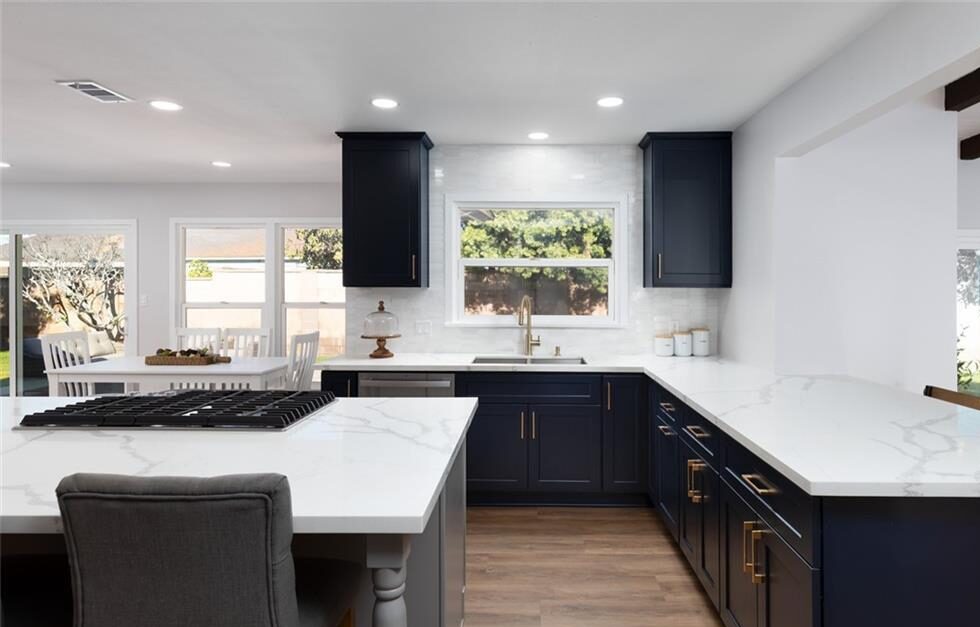
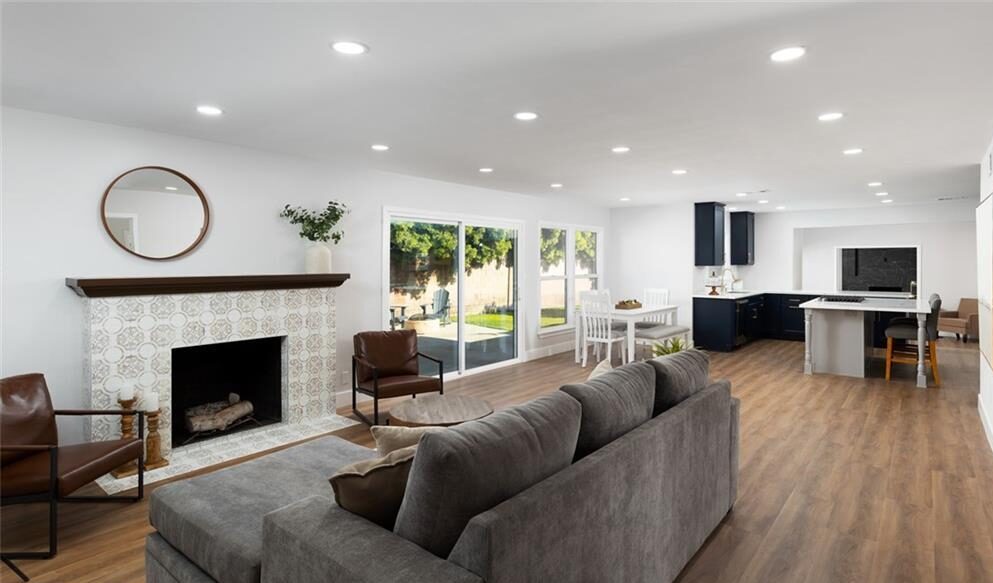

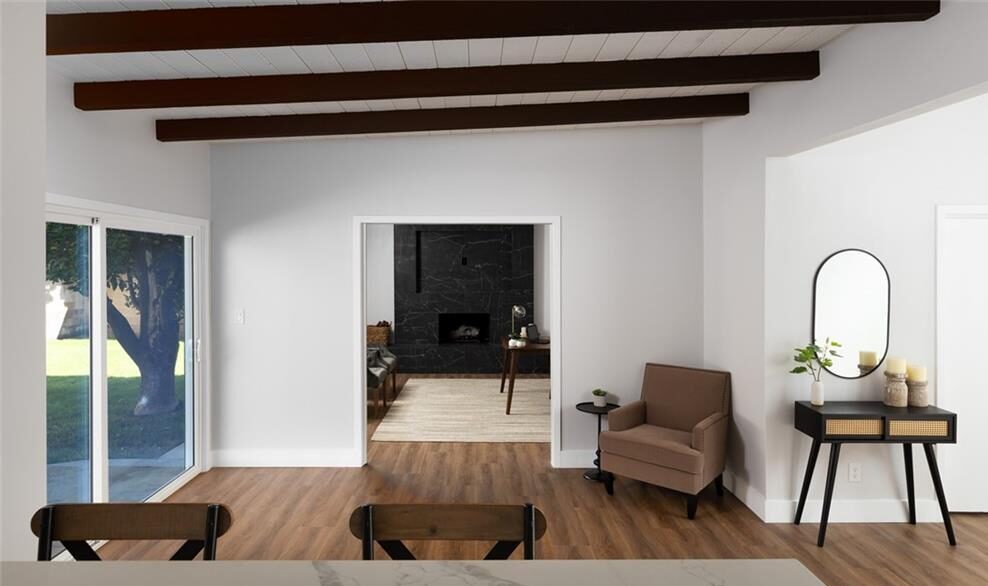

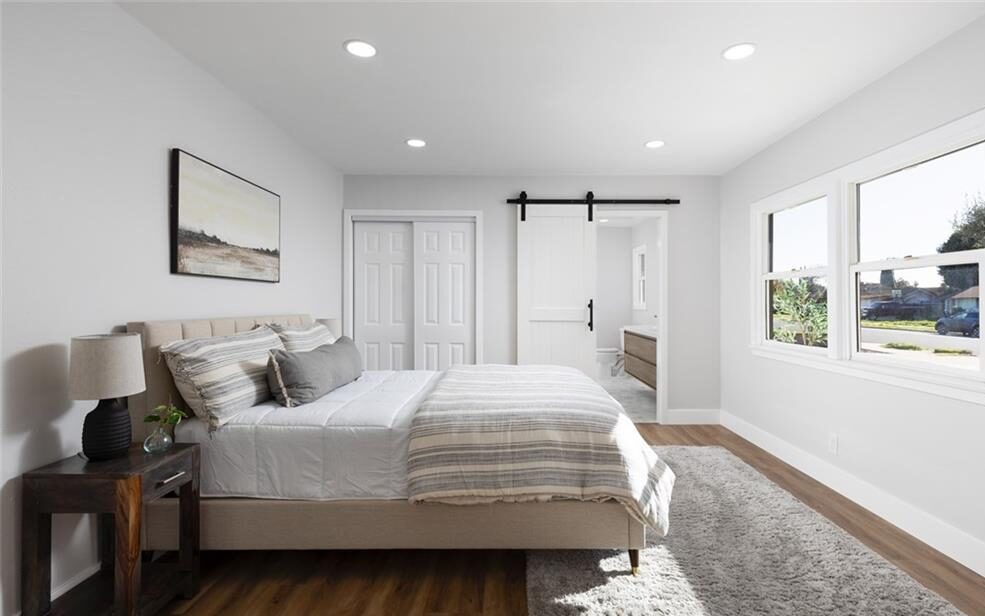
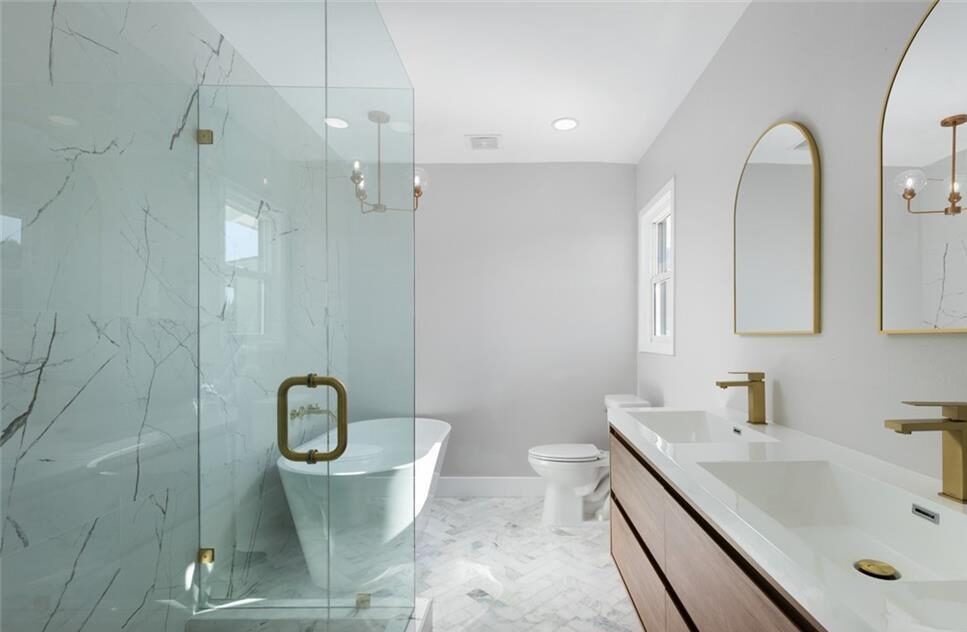

Our inpatient mental health accommodations provide a comfortable, family-like environment.

Our Inpatient Mental Health Treatment Program
Mental health challenges, like addiction, do not discriminate and can affect people from all walks of life. If you or a loved one is facing any kind of mental health issue, Gratitude Lodge in Laguna Beach, CA, offers a supportive path forward.
Our facility specializes in treating all types of mental health conditions and addictions, set against the backdrop of a luxurious beachside environment. This approach allows people to receive the mental health care they need while maintaining their daily responsibilities.
We can help connect those who need long-term residential mental health facilities California with appropriate centers throughout the state. After stabilization, you can transition to outpatient treatment at our facility in Southern California.
When you are ready to enjoy life free from the constraints of mental health challenges, reach out to Gratitude Lodge by calling 800-994-2184.
*As required by law, all communications with Gratitude Lodge are HIPAA Compliant and 100% Confidential.











